We often hear about entrepreneurs who are “natural” leaders or business owners with a talent for strategy, sales, or innovation. But talent, while helpful, doesn’t determine long-term success. What does? Consistent, focused effort applied over time. Whether you’re leading a team, scaling a business, or building your own capability, effort is the multiplier that turns potential into progress. And in a world where things are changing fast, those who commit to the process, not just the outcome, are the ones who rise.
Let’s explore why effort matters more than raw talent, how businesses can foster a culture that values persistence, and how you can train yourself and your team to embrace effort as a path to mastery.
Why Effort Matters More Than Talent
Talent may open doors, but effort is what keeps them open. A growth mindset, popularised by psychologist Carol Dweck, highlights the belief that ability is not fixed, it can be developed through dedication and hard work. In business, this matters more than many realise.
Talent is inconsistent – Even the most talented team members can fall short if they don’t apply themselves consistently. Effort is controllable – Unlike natural ability, effort is something you can decide to give each day, regardless of your starting point.
Business is a long game – Success isn’t won in a week or a campaign. It’s built through small actions, daily discipline, and ongoing improvement.
Progress leads to confidence – Effort leads to competence. And competence, over time, leads to confidence and leadership. Effort is what drives learning, skill-building, resilience, and long-term performance. Talent is a spark. Effort is the engine.
How Effort Shows Up in Business
If you look closely at thriving businesses, you’ll see that success isn’t the result of a single breakthrough or genius idea, it’s the accumulation of daily effort across people, systems, and strategy. Effort looks like
- A founder consistently showing up for the team, even on hard days.
- A team member is refining their communication after a tough client call.
- A business reinvests profits into customer experience instead of short-term gain.
- A marketing team testing, learning, and improving campaigns week after week.
When effort becomes the norm, not just when motivation strikes, it builds momentum, culture, and capability.
Fostering A Culture That Values Effort
If you’re a business owner or leader, how you speak about success matters. What you praise, reward, and model becomes the standard. Too often, we celebrate outcomes, big wins, fast results, and standout talent without acknowledging the process that led there. Here’s how to build a culture where effort is respected and rewarded.
Recognise Progress Publicly
Don’t just reward the end result. Celebrate milestones, learning curves, and improvements. Share stories of perseverance and smart problem-solving, even if they didn’t lead to immediate wins.
Talk About The Process
When reflecting on success in meetings or reviews, ask “What was the effort behind this result?” Help your team see the link between inputs and outcomes.
Encourage Learning Over Perfection
Create a safe space where team members are not punished for failing but are supported in learning from mistakes. When you remove fear, you invite effort.
Hire And Promote Based On Attitude
Look for people who are coachable, resilient, and hungry to grow. Talent is great, but only if paired with humility and drive.
Model The Behaviour
As a leader, your work ethic sets the tone. If you cut corners or give up easily, your team will notice. If you persist, adapt, and reflect, they’ll follow suit.
How To Embrace Effort As A Path To Mastery
Effort isn’t always glamorous. It can be repetitive, uncelebrated, and slow. But it’s also where mastery is born. Here’s how to lean into it, even when it gets hard.
Set Clear, Measurable Goals
Break big goals into weekly or monthly actions. Focus on what you can control – effort, not just outcome.
Track Your Progress
Seeing how far you’ve come reinforces the value of your effort. Use checklists, journals, or dashboards to visualise the work you’ve put in.
Redefine Success
Shift from “Did I win?” to “Did I show up and give my best?” This mindset builds resilience and reduces burnout.
Build Routines
Effort is easier when it’s habitual. Create structured routines that support consistency, whether in sales calls, client delivery, or strategic planning.
Get Comfortable With Repetition
Repetition is where depth happens. Doing the same thing again (with improvement) is not a sign of failure, it’s a path to mastery.
The Effort Advantage
In today’s fast-moving world, many chase shortcuts. But real success, the kind that lasts, is usually quiet. It’s not in the highlight reel, it’s in the daily grind.
If you want to stand out in your industry, be the one who commits to showing up. The one who tries, learns, and improves even when no one’s watching. Because in business, as in life, the people who go furthest aren’t the most talented. They’re the ones who keep going.
Thank you for being part of the Business Life community. If there’s a topic you’d like us to explore in future newsletters, we’d love to hear from you. Keep showing up, your effort is your edge.
Live with purpose,
Kristian Livolsi and the Business Growth Mindset Team

